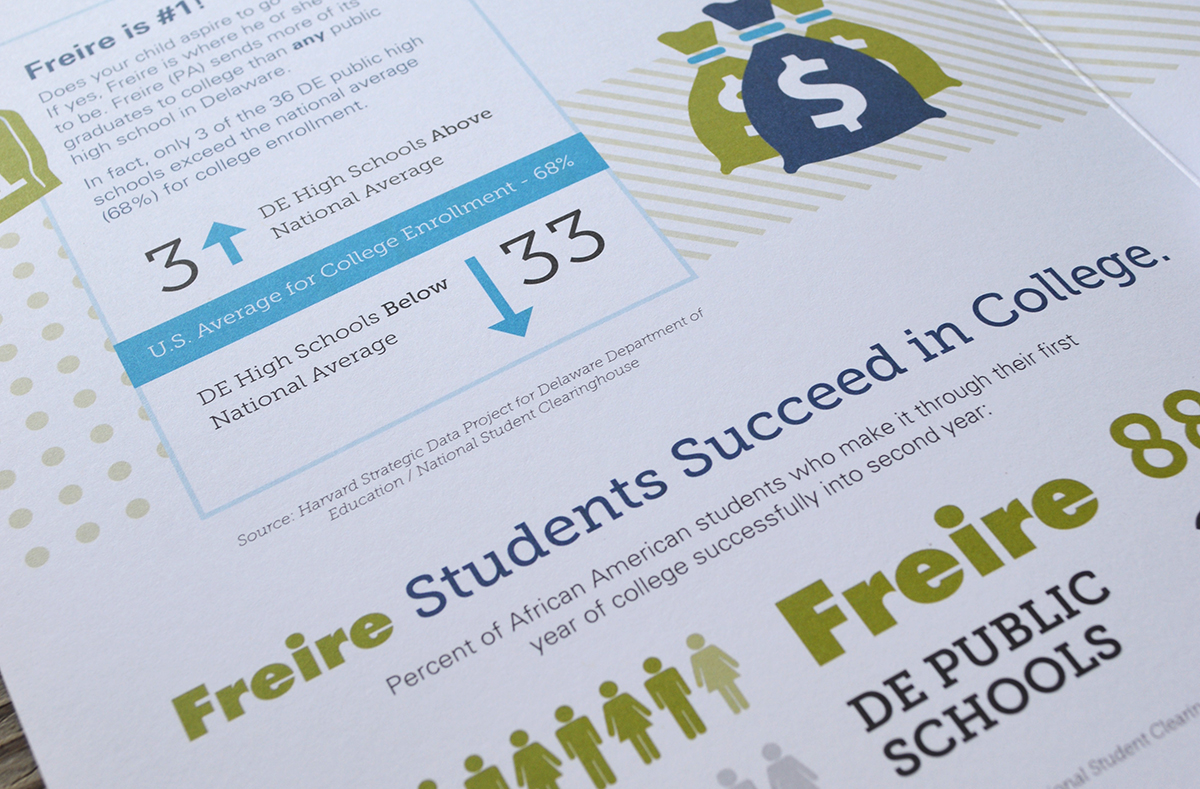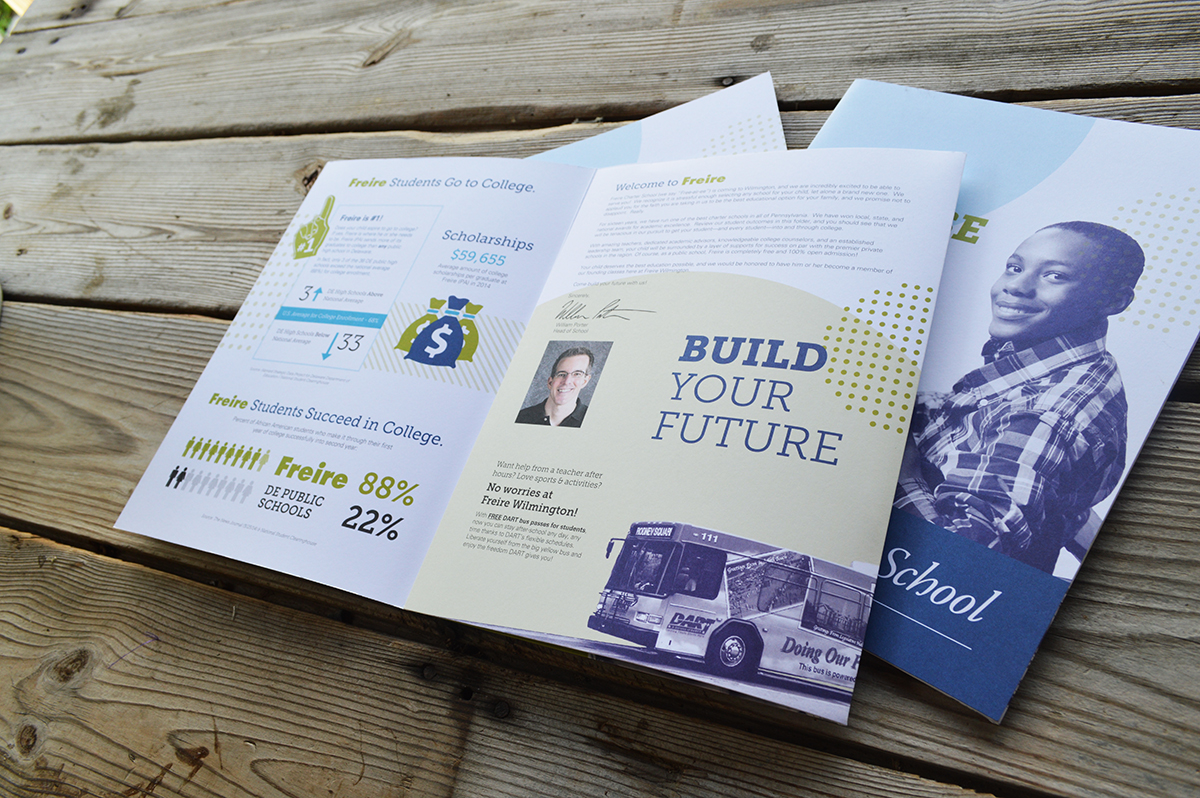Have you ever thought about what makes a school truly special, a place where young people not only learn facts but also grow into thoughtful, engaged individuals? Many families and educators are, you know, looking for schools that do more than just teach from a book. They want a place that helps students think for themselves and understand the world around them. This is where a place like a **freire charter school** often comes into the picture, offering a way of learning that feels quite different from the usual.
The very name, **freire charter school**, hints at a deeper philosophy, a connection to one of the twentieth century's most influential thinkers in education, Paulo Freire. His ideas, developed from his experience helping Brazil’s peasants learn to read, really changed how many people looked at teaching and learning. It's almost as if he gave us a new lens to see education through, one that puts the student's own experience and critical thought right at the center.
So, what does it mean for a school to be inspired by Freire? We'll explore how his revolutionary thoughts on education and social change might shape a school's everyday activities. You'll get a sense of what makes this kind of learning environment unique, and perhaps, you know, why it might be a wonderful fit for some students looking for something more.
Table of Contents
- The Legacy of Paulo Freire: A Foundation for Learning
- What is the Freire Charter School?
- Why Choose a Freire-Inspired Education?
- Frequently Asked Questions About Freire Charter School
The Legacy of Paulo Freire: A Foundation for Learning
To truly get a handle on what a **freire charter school** aims to achieve, it helps to understand the person who inspired its name. Paulo Freire was, you know, a thinker whose work continues to echo in educational spaces across the globe. He wasn't just about teaching people to read words; he was about teaching them to read the world, to really question things and understand their place in society. His approach was, in a way, quite a departure from traditional teaching methods.
Who Was Paulo Freire?
Paulo Freire, born in Recife, Brazil, in 1921, was a Brazilian educator who later passed away in São Paulo in 1997. He is best known for his adult literacy programs, particularly in impoverished communities, and for his classic early work, "Pedagogy of the Oppressed." His ideas, honestly, came right from his own experience helping Brazil’s peasants learn to read. He worked wholeheartedly to help people both through his philosophy and his practice of critical education.
Freire is, you know, regarded as one of the founding figures of critical pedagogy in educational circles. He received numerous awards, including honorary doctorates and the King Baudouin Prize, for his profound impact on educational thought and practice. He is even the patron of education in Brazil. His pedagogy is synonymous with critical pedagogy, critical literacy, and dialogical pedagogy, which means learning through conversation and mutual respect. His work, especially "Pedagogy of the Oppressed," is currently one of the most quoted books in educational discussions, which is quite something, really.
| Full Name | Paulo Freire |
| Born | September 19, 1921, Recife, Brazil |
| Died | May 2, 1997, São Paulo, Brazil |
| Known For | Educator, philosopher of education, critical pedagogy, adult literacy programs, "Pedagogy of the Oppressed" |
| Key Ideas | Critical consciousness, dialogical pedagogy, problem-posing education, liberation through education |
| Impact | Revolutionized educational theory, inspired activists and educators worldwide, patron of education in Brazil |
Core Ideas: Critical Pedagogy and Dialogical Learning
Freire’s work centered on what he called "critical pedagogy," which, in a way, means teaching that encourages students to question and challenge assumptions, rather than just passively receiving information. He believed that education should be a tool for liberation, helping people understand and change their circumstances. This is, you know, quite different from simply memorizing facts for a test. It's about empowering people to think deeply.
A big part of his approach was "dialogical pedagogy," which emphasizes conversation and mutual respect between teachers and students. Instead of the teacher being the sole source of knowledge, everyone learns together, sharing insights and asking questions. This kind of learning environment, you know, makes students active participants in their own education, rather than just empty vessels to be filled. It's a very human way to learn, honestly.
What is the Freire Charter School?
Given Paulo Freire's profound influence, a **freire charter school** typically embodies his principles in its daily operations. It’s not just a name; it’s a commitment to a particular way of seeing learning and growth. These schools often aim to create an educational setting where students are not just taught but are, in fact, encouraged to become active thinkers and problem-solvers. It’s about building a community where everyone has a voice, and that, you know, is quite important.
A Different Kind of Classroom Experience
Imagine a classroom where students are not just listening to lectures but are, perhaps, discussing real-world problems that affect their community. This is, you know, a hallmark of a Freire-inspired setting. Teachers act more like facilitators, guiding conversations and helping students uncover knowledge for themselves. The focus is often on collaborative projects and open dialogue, allowing students to explore topics from many different angles. It's a bit like learning through discovery, which can be very engaging.
Lessons might start with questions that arise from students' own lives, making the learning immediately relevant. For instance, instead of just reading about history, students might interview community elders about local historical events, then analyze those stories critically. This approach, you know, makes education feel much more connected to everyday life, which can really help things stick. It's about making learning a lived experience.
Fostering Critical Consciousness and Student Voice
A core aim of a **freire charter school** is to help students develop "critical consciousness." This means helping them look beyond the surface of things, to question why things are the way they are, and to see how they can, you know, contribute to positive change. It's about empowering students to think for themselves and to understand the social structures that shape their lives. This kind of thinking is, honestly, invaluable for young people today.
Student voice is absolutely central here. In a Freire-inspired school, students are encouraged to express their ideas, challenge perspectives respectfully, and even help shape their own learning paths. This isn't just about speaking up; it's about being heard and having your thoughts taken seriously. It's about creating an environment where, you know, students feel valued and empowered, which can lead to deeper learning and personal growth. This is, in some respects, a very empowering model.
Real-World Learning and Community Engagement
Freire believed education should connect directly to people's lives and their communities. So, a **freire charter school** often integrates real-world issues and community engagement into its curriculum. This might mean students working on projects that address local challenges, like improving a neighborhood park or researching local environmental concerns. They learn by doing, and by seeing the actual impact of their work.
This approach helps students understand how what they learn in school applies to the world outside the classroom. It fosters a sense of responsibility and active citizenship, which is, you know, incredibly important for young people growing up today. They aren't just learning abstract concepts; they are applying them to make a difference, even a small one. This practical application of knowledge is, frankly, a huge benefit.
Why Choose a Freire-Inspired Education?
For families considering different educational paths, understanding the benefits of a **freire charter school** can be really helpful. This approach isn't for everyone, but for students who thrive in an environment that encourages deep thought, active participation, and a connection to real-world issues, it can be a truly transformative experience. It’s about more than just grades; it’s about growing as a person, you know.
Benefits for Students
Students in a Freire-inspired setting often develop strong critical thinking skills. They learn to ask good questions, analyze information, and form their own opinions, which is, you know, pretty essential in our world. They also tend to become more articulate and confident in expressing their ideas, thanks to the emphasis on dialogue and student voice. This can be a huge boost to their personal development.
Moreover, the focus on real-world problems and community involvement can foster a strong sense of social responsibility. Students learn empathy and understand their role in making the world a better place. This kind of education, in a way, prepares them not just for college or a career, but for life as engaged, thoughtful citizens. It’s about building character, too, which is just a little extra bonus.
Addressing Modern Educational Needs
In today's fast-changing world, simply memorizing facts isn't enough. We need people who can think creatively, solve complex problems, and work well with others. A **freire charter school**, with its emphasis on critical thought, dialogue, and real-world application, is, you know, arguably well-suited to prepare students for these challenges. It helps them develop the kinds of flexible skills that are highly valued in almost any field.
This approach also addresses the need for more engaging and relevant education. When students see the connection between what they learn and their own lives, they become more motivated and invested in their schooling. It’s about making learning exciting and meaningful, which, as a matter of fact, can make all the difference. This focus on relevance is, honestly, a very modern take on education, even though the ideas are from decades ago.
Frequently Asked Questions About Freire Charter School
People often have questions about how a school inspired by Paulo Freire actually works. Here are some common inquiries that come up, you know, when folks are exploring this kind of educational model.
What is the Freire Charter School philosophy in simple terms?
Basically, a **freire charter school** philosophy centers on empowering students to think critically about their world and to become active participants in their own learning. It's about dialogue, questioning, and connecting what you learn to real life. It's, you know, less about just receiving information and more about discovering it together, like your own personal quest for understanding.
How does Freire's pedagogy influence the school's daily activities?
Freire's pedagogy means that teachers often act as facilitators, guiding discussions rather than just lecturing. Students are encouraged to ask questions, share their perspectives, and work together on projects that address real-world issues. There's a strong emphasis on critical literacy, which means, you know, learning to read not just words but also the social and political contexts around them. It's a very collaborative environment, actually.
What programs does Freire Charter School typically offer?
While specific programs vary from school to school, a **freire charter school** would likely offer a curriculum that integrates academic subjects with community service, social justice projects, and opportunities for student leadership. There's often a focus on interdisciplinary learning, where different subjects are connected to explore a broader theme. You might find programs that encourage public speaking, debate, and, you know, active citizenship, too. To learn more about specific programs, you could always explore Paulo Freire's work to see how his ideas translate into practice.
For more insights into how schools are adapting to student needs, you can learn more about innovative education on our site. And to see how these ideas might apply in your area, you might also want to check out local educational initiatives.



